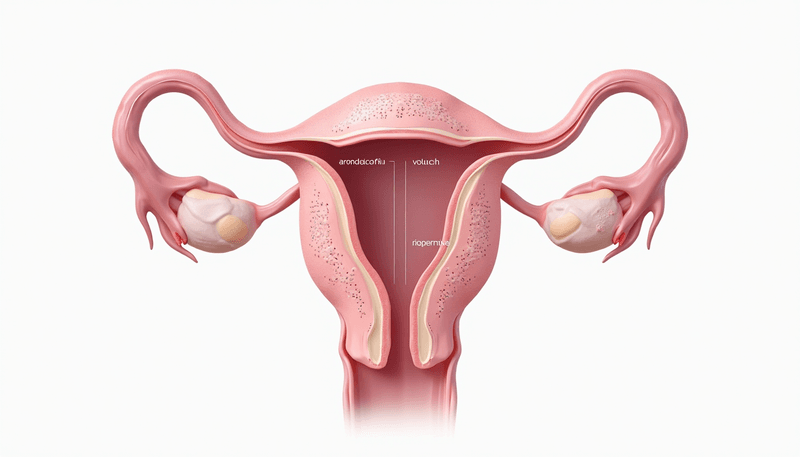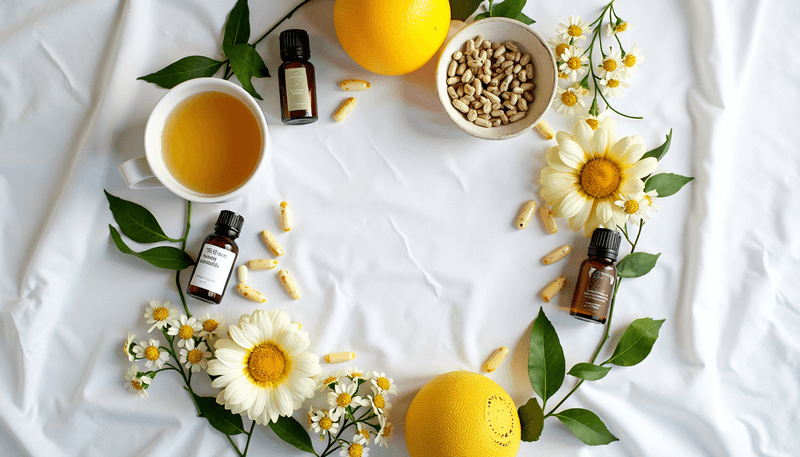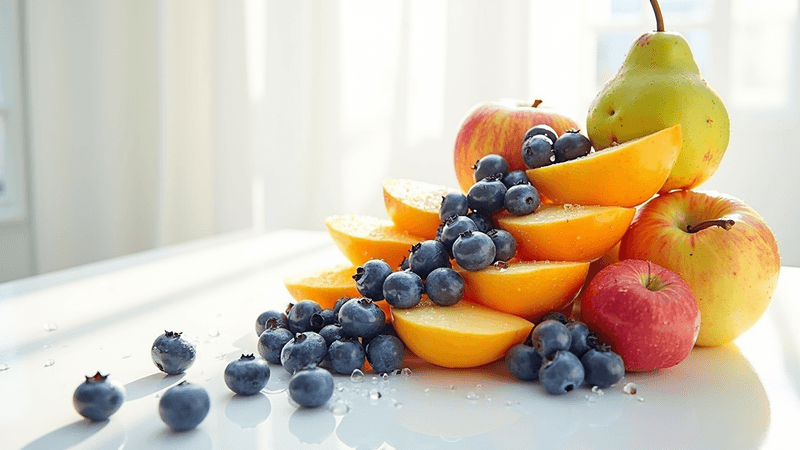Evening Primrose: Nature's Labor Helper

Nature often provides gentle solutions to life's most significant moments, including childbirth. As a healthcare provider who's witnessed countless births, I've seen how the right natural support can transform the labor experience. A groundbreaking clinical trial has revealed promising insights about evening primrose oil's role in labor preparation, offering hope to women seeking gentler approaches to childbirth.
The Power of Natural Cervical Ripening
The journey to childbirth begins long before contractions start. Your body undergoes remarkable changes, particularly in cervical preparation. Evening primrose oil, rich in gamma-linolenic acid (GLA), works with your body's natural processes to support these changes. Think of your cervix as a flower bud - it needs the right conditions to open gradually and naturally.
Have you ever noticed how some of nature's most powerful helpers come in the smallest packages?
This study revealed that women who used evening primrose experienced significant improvements in their Bishop scores - a medical measure of how ready the cervix is for labor. It's like preparing soil before planting - the better the preparation, the smoother the process.
Timing and Method Matter
The research highlighted a fascinating discovery: vaginal application of evening primrose showed faster results than oral consumption. This makes perfect sense when you consider direct application versus the digestive journey. It's similar to watering a plant directly at its roots rather than sprinkling water from above.
Key findings showed:
- Vaginal evening primrose reduced the time to active labor
- Both methods improved cervical readiness
- No adverse effects were observed in mothers or babies
What if preparing for labor could be as natural as preparing for any other physical activity?
Safety First: Understanding the Evidence
One of the most reassuring aspects of this research was the safety profile. The study showed no significant differences in:
- Baby's health scores (Apgar scores)
- Complications during delivery
- Overall birth outcomes
This is particularly important for women seeking natural approaches while maintaining peace of mind about safety.
When was the last time you considered how traditional wisdom and modern science could work together?
Practical Applications:
-
Discussion with Healthcare Provider:
- Share this research with your medical team
- Ask about incorporating evening primrose into your birth plan
- Discuss timing and method of application
-
Preparation Timeline:
- Consider starting preparations around week 38
- Keep track of any changes you notice
- Maintain open communication with your healthcare team
-
Method Selection:
- Vaginal application shows faster results
- Oral consumption remains a viable option
- Combined approaches may be discussed with your provider
The path to childbirth is deeply personal, and every woman's journey is unique. This research offers another tool in the toolkit of natural birth preparation, backed by scientific evidence while honoring traditional wisdom.
As we wrap up this exploration of evening primrose and its role in labor preparation, consider taking the first step: schedule a conversation with your healthcare provider about incorporating these findings into your birth plan. Your journey to motherhood deserves every gentle support nature can provide.
What small step could you take today toward a more natural approach to your birth preparation?

Dr. Marcus Anthony Bennett
Dr. Marcus Bennett is a Seattle-based freelance medical writer and consultant specializing in mid-aged women's health. With a background in internal medicine and over a decade of experience in preventive care, he is dedicated to making complex health topics accessible. Dr. Bennett completed his MD at Johns Hopkins School of Medicine and residency at the University of Washington. His empathetic and evidence-based approach combines traditional medical expertise with a focus on health disparities, often incorporating practical lifestyle advice. Known for his clear, engaging communication, Dr. Bennett provides actionable insights to empower his audience.







